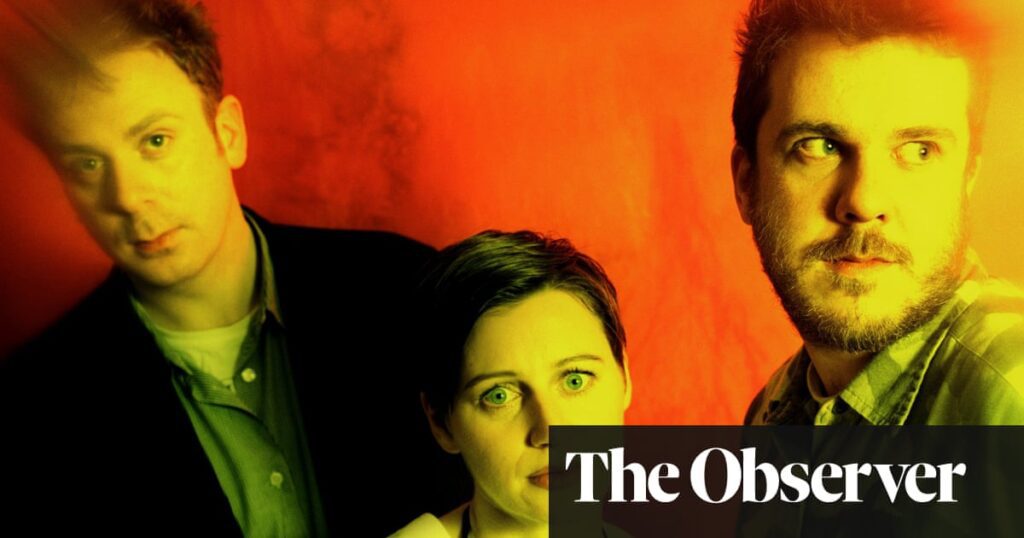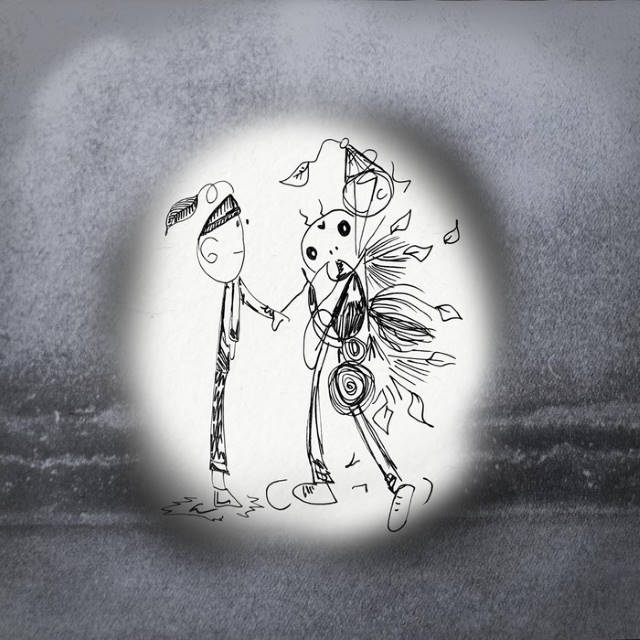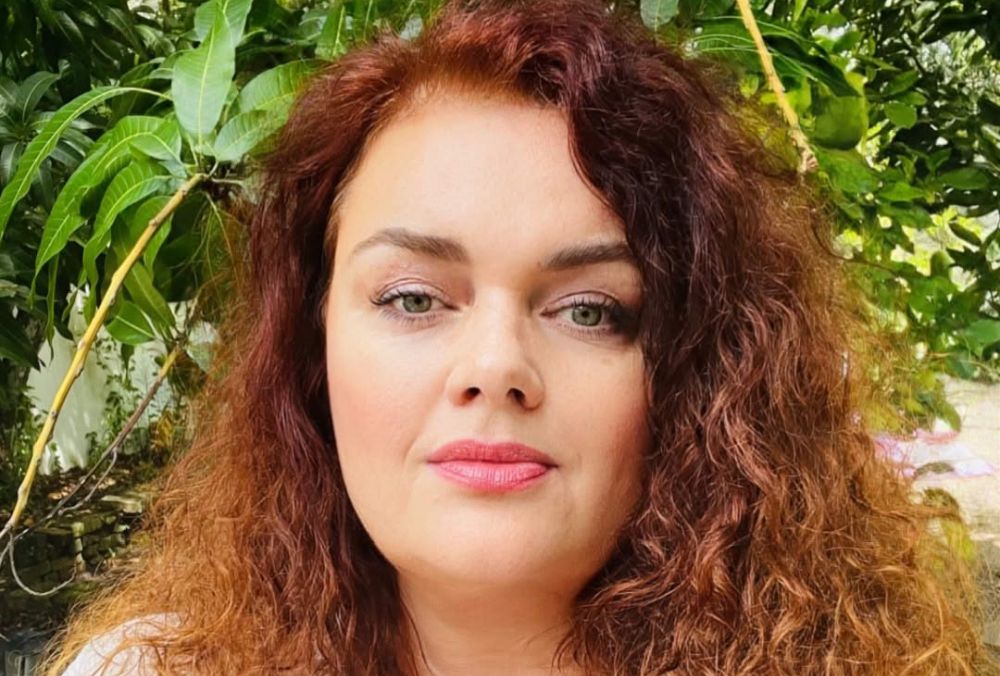
In One Ear by Simon Raymonde review – life with the magical, mysterious Cocteau Twins
Of the many bewitching bands to come out of the 1980s, Cocteau Twins were perhaps the most singular. A Scottish-London trio comprising Elizabeth Fraser, Robin Guthrie and Simon Raymonde, their enigmatic appeal was heightened by the fact that Fraser appeared to be singing in a language all her own, while the music – often gossamer-light and celestial – sounded like it should be pouring down cathedral walls. Each song’s title was poetry in itself: For Phoebe Still a Baby, The Itchy Glowbo Blow, Sugar Hiccup.
In bassist Raymonde’s memoir, he attempts, decades late, to disassemble their mysterious allure by confirming that they were, in fact, merely human. “Sorry to shatter illusions, but a cerebral bunch of intellectuals we were not,” he writes, revealing that they gorged on the TV show Rab C Nesbitt. He does, however, confirm that they were “difficult”. Obstinate, too: they turned down invitations to Top of the Pops, passed on the opportunity to have Brian Eno produce them, and said no to writing the soundtrack to David Lynch’s 1986 film Blue Velvet.
Still, In One Ear – so titled because 20 years ago Raymonde developed acoustic neuroma, leaving him partially deaf – is an amiably chatty book. Throughout, the author comes across as a thoroughly decent sort who can’t quite believe his luck at getting to recollect at such length. He managed a fulfilling second act after Cocteau Twins split up. In 1997, following years of stifled resentments, soured love and drug problems, he set up Bella Union, an independent record label started more as a labour of love than to get rich quick, nurturing the careers of acts such as Father John Misty and John Grant.
Those coming to his book looking for Cocteau revelations may feel short-changed. We learn very little of Fraser – which is as it should be; she always wore her enigma like Dior – and Raymonde remains earnestly polite, either a natural diplomat or else fearful of legal action. Consequently, any strife – and a career in music tends to feature strife as standard – surfaces between the lines. When, for example, in 1986, he went off briefly to work on a side project, Guthrie and Fraser knocked out another Cocteau Twins album, Victorialand, that Guthrie would subsequently claim his favourite. This made Raymonde feel like a spare wheel.
“I have never been under any illusion about my place in the Cocteau Twins’ story,” he writes, adding: “Reading interviews Robin has done since things unravelled, you’d be forgiven for thinking I’d never been in the band. This makes me a bit sad.” Elsewhere, after steering the career of American band Fleet Foxes, he is shocked when they jump ship to Warner Records without telling him. “I can’t lie, it hurts like hell.”
Mostly, though, this reads like a love letter to a charmed life lived through music. He offers a potted biography of his father, Ivor, a 1960s songwriter who wrote I Only Want to Be With You for Dusty Springfield, and charts his own journey through marriage, children, divorce, remarriage and Tottenham Hotspur home games. Bella Union continues to thrive, and he gently reminds you that, spare wheel or not, he was a part of Cocteau Twins and helped create some of their most memorable songs, Pearly-Dewdrops’ Drops among them. What this book does best is send you back to the music. If Cocteau Twins always sounded exquisitely out of time, now they sound timeless.




